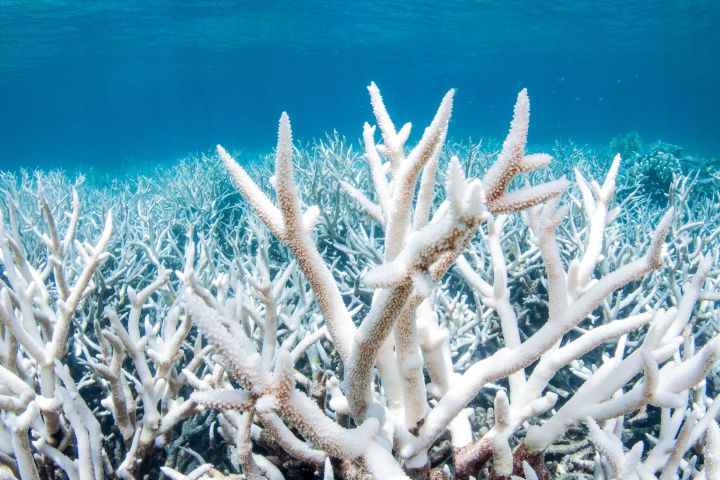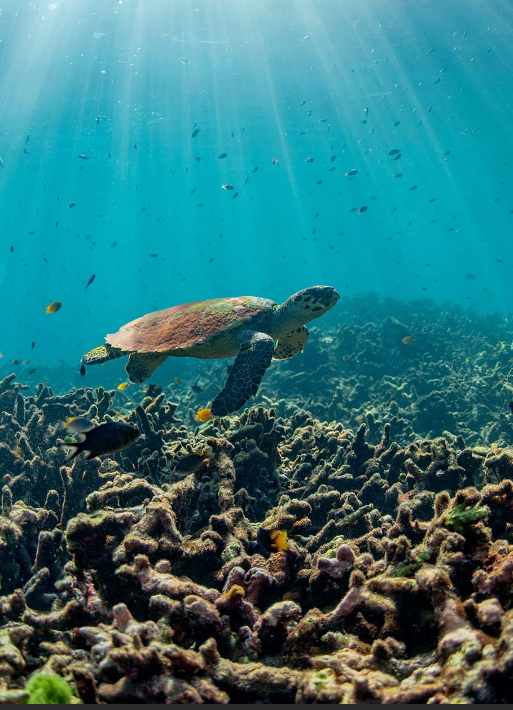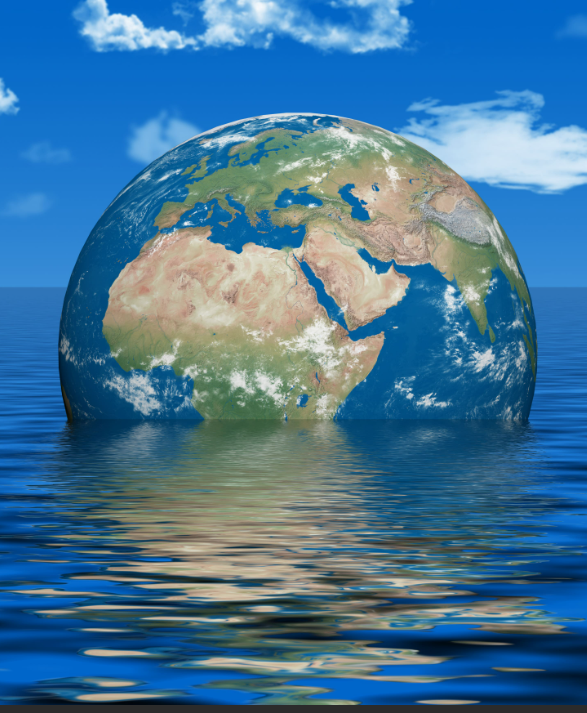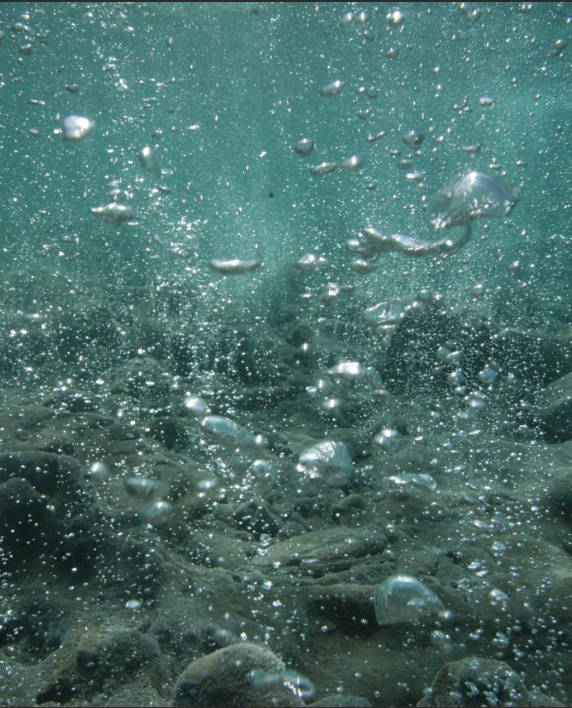
What’s happening?
Temperatures are rising on our land and in our oceans, caused primarily by an increase of carbon dioxide and other greenhouse gases. Carbon dioxide levels have been rising steadily for more than 100 years due mainly to the burning of fossil fuels, trapping more heat in our atmosphere and contributing to climate change.
The Great Barrier Reef is one of the richest and most complex natural ecosystems on the planet, but climate change is the biggest threat to the future of coral reefs here and around the world. It impacts reefs in a number of ways:

i
When corals suffer heat stress, they expel the microscopic algae that live inside their tissues, revealing their white skeletons. Bleached corals are not dead, but are more at risk of starvation and disease.
Already marine heatwaves have triggered four mass coral bleaching events on the Great Barrier Reef in just seven years, reducing shallow water coral reefs by as much as 50%. Coral reefs can recover from bleaching over time, but only if temperatures drop and conditions return to normal.

Along with climate change, the Great Barrier Reef is experiencing an unprecedented loss of biodiversity. As sea temperatures rise, the corals of the Great Barrier Reef have suffered successive bleaching events. These bleaching events have resulted in the death of large numbers of corals, thus affecting the myriad of organisms that live in symbiosis with them, such as fish, crustaceans and other invertebrates. This loss of biodiversity further affects the overall health and resilience of coral reefs.

As the sea level rises, there can be decreased sunlight penetration due to the greater water depth, which could impact the photosynthetic efficiency of the symbiotic algae living within coral tissues.
Reduced light availability can result in diminished energy production for the corals and could eventually affect their growth and survival.

Rising ocean temperatures are driving unprecedented changes in global marine ecosystems, sea levels, and weather patterns. As heat transforms the ocean, threats to food supplies, economies, and weather multiply, putting human and environmental health at risk.
Increasing ocean heat is closely linked to increases in atmospheric greenhouse gas concentrations, making the ocean an excellent indicator of how much Earth is warming. Since 1971, the ocean has absorbed 90 percent of the excess energy added to Earth’s climate by burning fossil fuels and other human activities.
Click the title to explore more!
Tackling climate change
We have a once-in-a-generation opportunity to turn the tide on coral reef decline, but the window to act is closing.
To protect the Reef from climate change we must:
- Reduce emissions: Inadequate global action to address climate change is having a serious impact on the health of our Great Barrier Reef. Urgent global action is needed now to dramatically and rapidly reduce greenhouse gas emissions if we are to have any chance of saving our reefs. We must also strengthen key ecosystems such as seagrass meadows, mangroves and wetlands, which help absorb carbon dioxide from the atmosphere. These ecosystems play a key role in combating climate change by storing carbon. Coral reefs are among the most powerful blue carbon sites in the world.
- Help coral reefs adapt: Emission reduction alone is no longer enough to guarantee the survival of coral reefs. While the world works towards reducing greenhouse gas emissions, we must also help coral reefs adapt to the warmer temperatures already caused by climate change. We are doing this by developing and scaling up interventions that buy time for coral reefs. We’re concentrating on protecting corals from severe bleaching, helping them adapt to warmer temperatures and actively rebuilding resilient reefs where necessary.